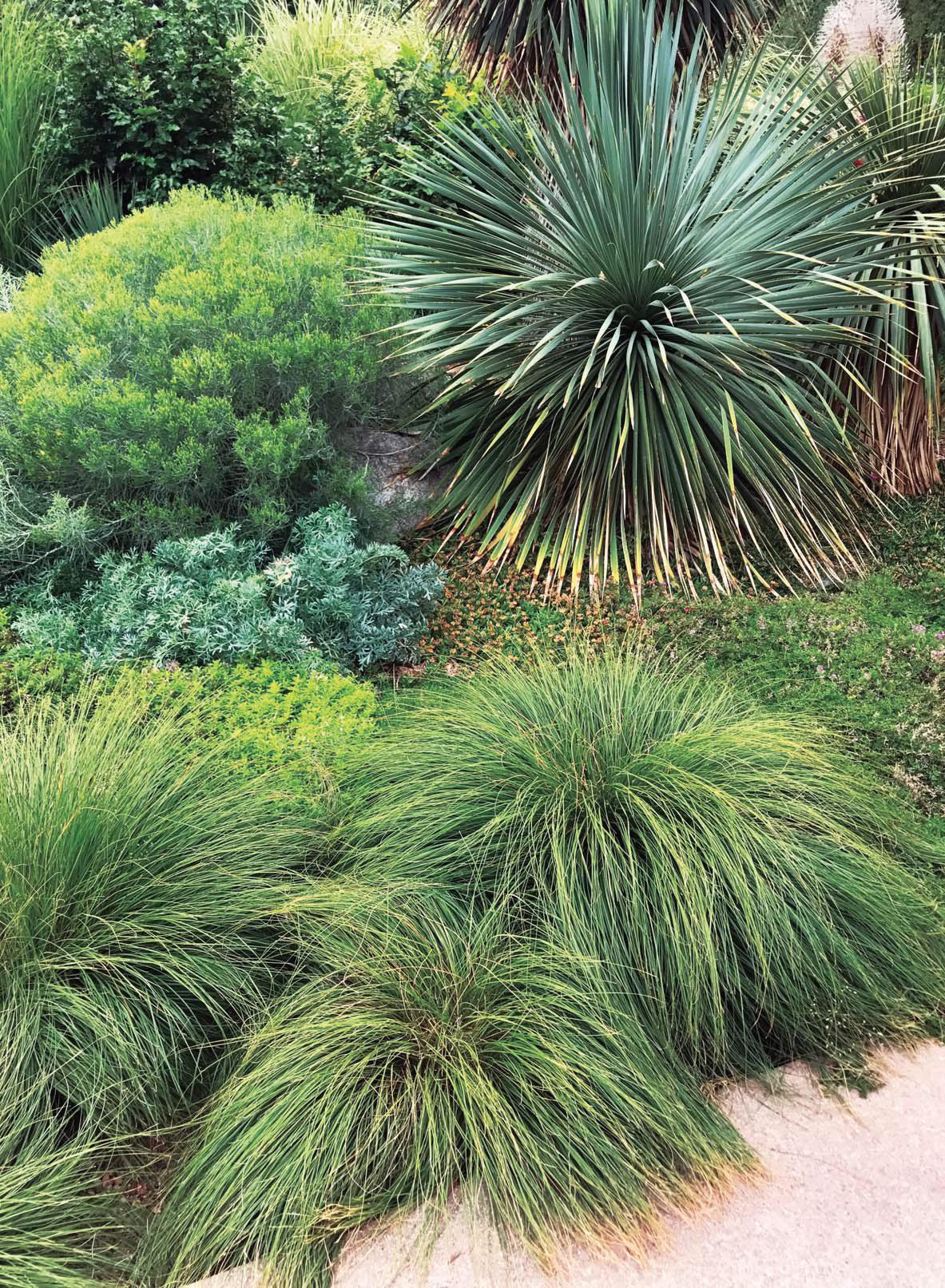
When you experience a landscape dominated by grasses, something magical happens. The wind is made manifest in undulating waves as it sweeps across their blades and blooms. The sound and movement are mesmerizing.
Grasses can transform and elevate our garden experience, even when they're not the dominant element. Yet many familiar ornamental grasses are big, and not every garden can accommodate them. Fortunately, there are smaller grasses that provide similar benefits without the big footprint.
As a professional, I'm most interested in North American species and cultivars, in part because they're underutilized. There are many smaller, lesser-known native grasses that adapt well to cultivated landscapes. Species like tufted hairgrass (Deschampsia cespitosa) and purple lovegrass (Eragrostis spectabilis) are valuable not only for their ecological benefits and workhorse abilities but also for their roles in planting design. They can unify a complex composition, create a foundation for a perennial planting or fit easily into a townhouse garden.
AN EYE TOWARD DESIGN
These smaller-scale natives offer the distinct combination of aesthetic and sensory qualities that most ornamental grasses share. Their long, linear foliage contrasts visually with the garden's more typical rounded and oblong leaves. Several have inflorescences that catch the light and glow when backlit by the sun. The rich visual texture of the foliage and flowers softens hardscapes.
Grasses create visual stability and lend unity to a design. Herbaceous perennials vary considerably in the interest they provide, standing out at certain points in time and then fading into the background. Grasses also change throughout the growing season, but their overall appearance does not differ as much. Because they are more stable visually, they can simplify and declutter a space, providing a place to rest one's eyes. They're unifying and soothing.
この記事は Horticulture の July - August 2024 版に掲載されています。
7 日間の Magzter GOLD 無料トライアルを開始して、何千もの厳選されたプレミアム ストーリー、9,000 以上の雑誌や新聞にアクセスしてください。
すでに購読者です ? サインイン
この記事は Horticulture の July - August 2024 版に掲載されています。
7 日間の Magzter GOLD 無料トライアルを開始して、何千もの厳選されたプレミアム ストーリー、9,000 以上の雑誌や新聞にアクセスしてください。
すでに購読者です? サインイン

Pot It Up
Shake up the containergarden with theseNorth America –native perennials

THE GARDEN PATH TO PERDITION
I WAS CRUISING RIGHT ALONG, feeling okay about myself, when I came across a list of the Seven Deadly Sins.
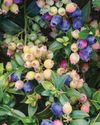
A Productive PATIO
Tiny fruit, vegetable and herb plants help gardeners maximize any sort of growing space
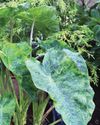
TROPICAL FUSION
A FUSS-FREE APPROACH TO USING BOLD TROPICAL PLANTS IN ANY TEMPERATE GARDEN

WINTER READING
Pass the time with any of these inspiring books
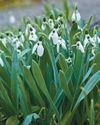
SENSING A PATTERN
Greg Coppa reflects on an odd weather year and what continued warming may mean for his Rhode Island garden
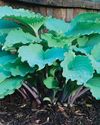
TOP-PRIZE PERENNIALS
A foliage masterpiece for shade and a late bloomer for sun

MARK WESSEL
What's new for fruit and vegetable gardeners?
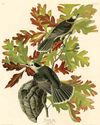
KINGS OF THE NORTHERN FORESTS
A look at the trees, shrubs and perennial plants that bolster life in Ecoregion 5

PROJECT FEEDERWATCH
Gardeners can help scientists know just where the birds are in winter